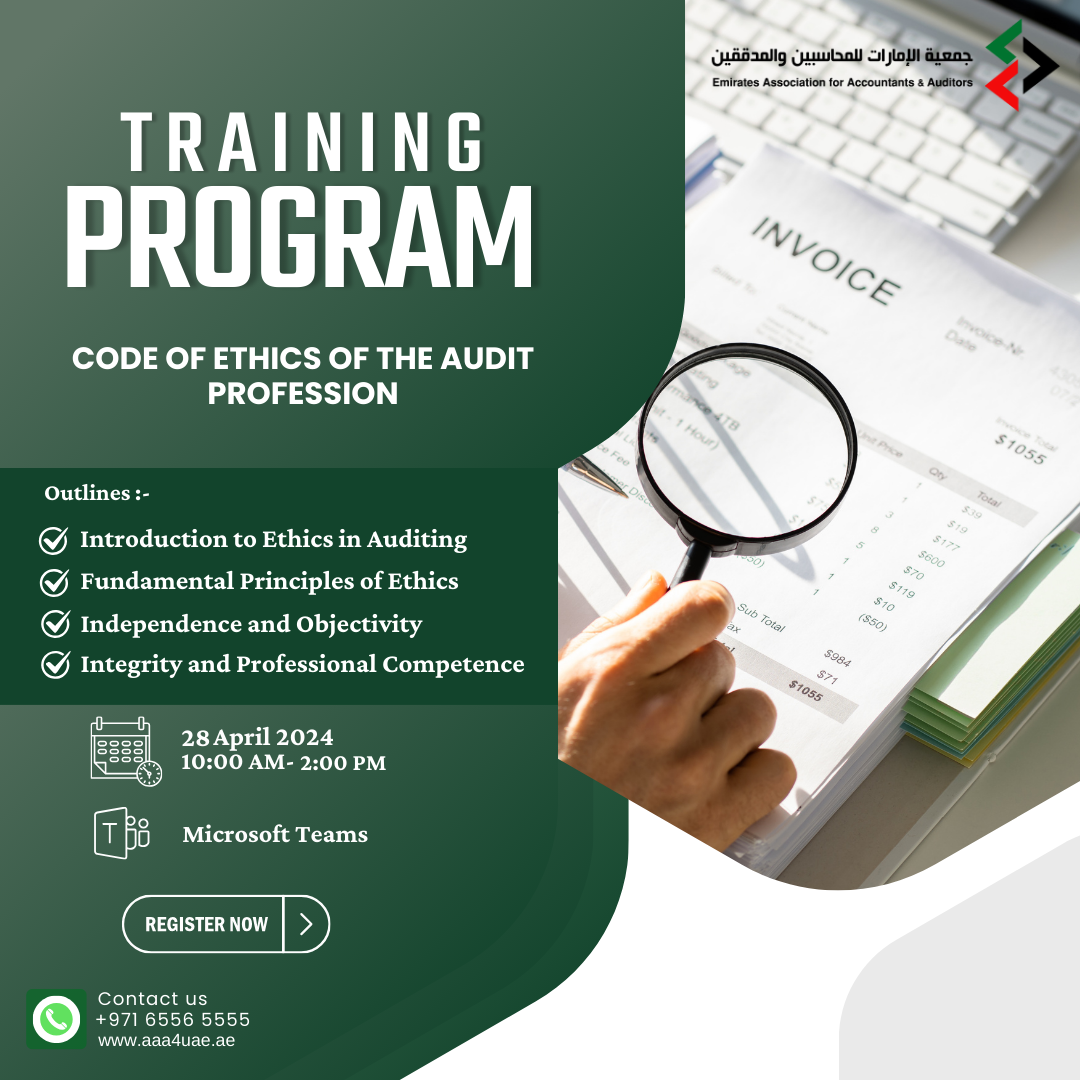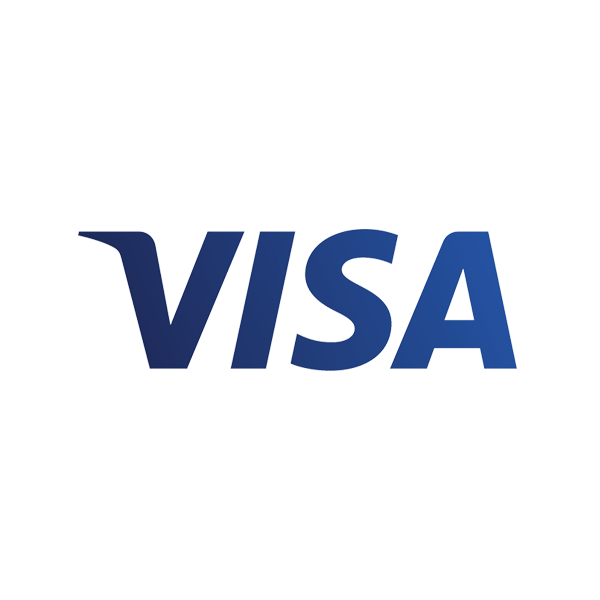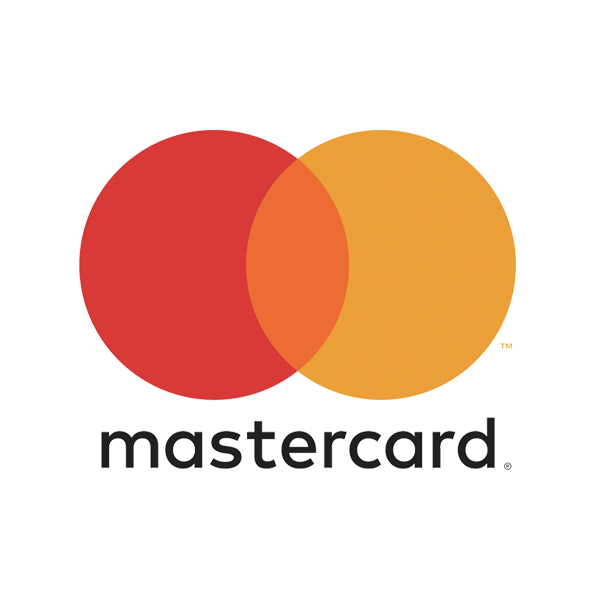Code of Ethics of the Audit Profession
4 Hours, 28 April 2024, 10:00 AM-2:00 PM
Code of Ethics of the Audit
Profession
Course Overview:
This course provides students with an in-depth
understanding of the Code of Ethics for the audit profession. It explores the
principles, rules, and guidance that govern the conduct of auditors,
emphasizing the importance of ethical behavior in maintaining public trust and
confidence in the profession.
1. Introduction
to Ethics in Auditing
• Definition
and significance of ethics in auditing
• Historical
overview of ethical standards in auditing
• Role
of professional codes of conduct in guiding auditor behavior
2. Fundamental
Principles of Ethics
• Overview
of the fundamental principles of ethics in auditing
• Integrity,
objectivity, professional competence and due care, confidentiality, and
professional behavior
• Case
studies illustrating the application of fundamental principles in auditing
practice
3. Independence
and Objectivity
• Importance
of independence and objectivity in auditing
• Threats
to independence and objectivity
4. Integrity
and Professional Competence
• Understanding
the concepts of integrity and professional competence
• Responsibilities
of auditors to act with integrity and maintain professional competence
• Continuous
professional development and lifelong learning in auditing
• Ethical
dilemmas related to integrity and professional competence
5. Confidentiality
and Professional Behavior
• Principles
of confidentiality and its importance in auditing
• Obligations
of auditors to maintain confidentiality of client information
• Ethical
considerations in disclosing confidential information
• Professional
behavior and its impact on the reputation of the audit profession
6. Application
of the Code of Ethics in Practice
• Practical
application of the Code of Ethics in audit engagements
• Ethical
decision-making frameworks and tools
• Case
studies and real-life examples of ethical challenges faced by auditors
7. Regulatory
and Professional Oversight
• Overview
of regulatory bodies and professional organizations governing the audit
profession
• Monitoring
and enforcement mechanisms for ensuring compliance with ethical standards
• Recent
developments and emerging trends in audit ethics
8. Questions
& Answers










